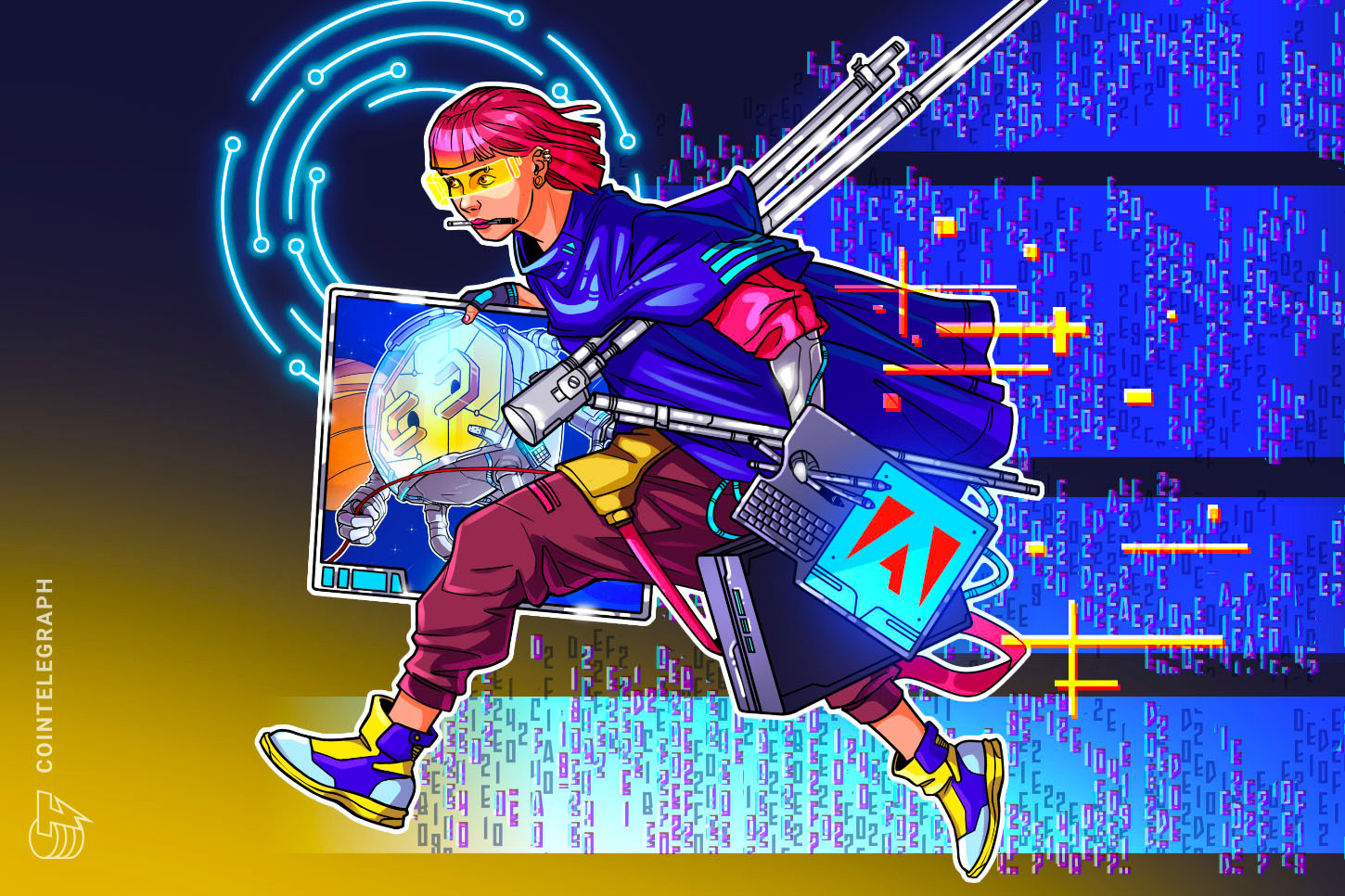Many nonfungible token (NFT) marketplaces are allowing digital collectors to identify artwork based on the wallet address of its creator through a partnership with software giant Adobe.
In a Tuesday announcement, Adobe said it would be partnering with major NFT marketplaces including OpenSea, KnownOrigin and SuperRare to allow users to verify the authenticity of the digital content. Adobe’s Content Credentials can add an NFT creator’s wallet address and social media information to the metadata of tokens listed on the marketplace.
"This partnership furthers our commitment to empowering users with more tools as we collectively rethink how we transfer digital goods on the internet,” said an OpenSea spokesperson. “Working in tandem with market leaders like Adobe and the growing NFT community, we will keep providing features to increase trust and transparency across the metaverse."
The feature will still seemingly have the option for NFT creators to remain pseudonymous, with them choosing to display crypto addresses linked to their online identity or full real social media profiles. Rarible, another marketplace that offers Adobe’s digital verification system, said the feature would help “fight misinformation with attribution and verifiable truth of content.”
Related: Bragging rights: Twitter previews verification badge for NFT profile pics
According to data from DappRadar, OpenSea is the largest NFT marketplace by daily trading volume, reported as more than $50 million at the time of publication. SuperRare, Rarible, and KnownOrigin rank far below with roughly $1 million, $328,000, and $42,000 daily trading volume, respectively.
The platform recently faced criticism from many in the crypto space after OpenSea head of product Nate Chastain was accused of pumping up the prices of NFTs that he featured on the homepage before selling. OpenSea said its employees are barred from buying and selling collections that are being featured on the platform.


